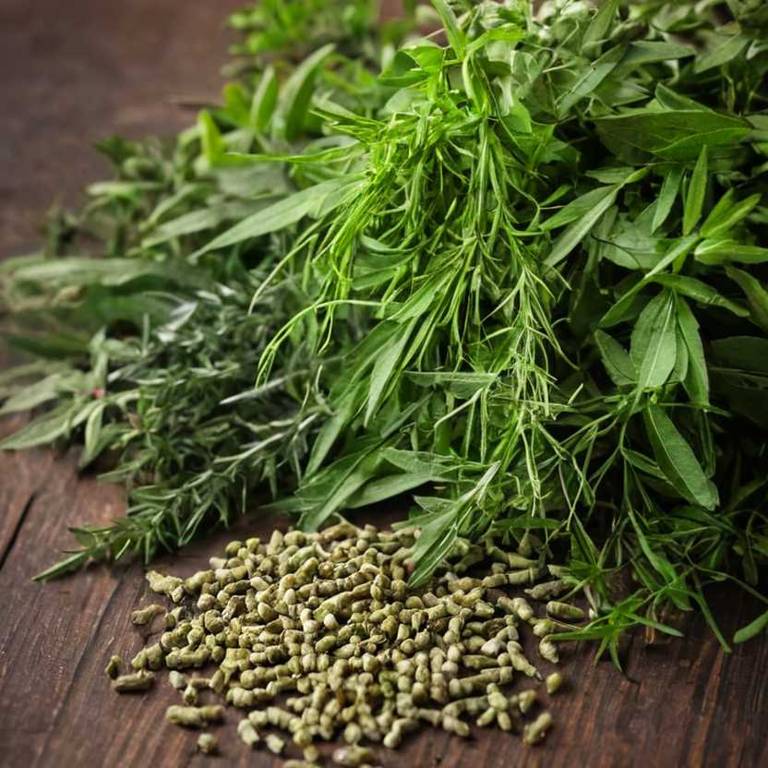Catechu (Acacia catechu)
Catechu (Acacia catechu) is a member of the Fabaceae family, native to India, Sri Lanka, and Indonesia. Traditionally, its bark, resin, and gum have been used for decoctions, infusions, and powders.
This herb is particularly valued for its astringent, tonic, and anti-inflammatory actions, and has a long history of use in ayurvedic medicine, traditional chinese medicine, and african traditional medicine.

Quick Facts / Key Information
| Common Name | Catechu |
|---|---|
| Scientific Name | Acacia catechu |
| Plant Family | Fabaceae |
| Genus | Acacia |
| Species | catechu |
| Native Range | India, Sri Lanka, Indonesia |
| Plant Parts Used | Bark, Resin, Gum |
| Primary Medicinal Actions | Astringent, Tonic, Anti-Inflammatory |
| Primary Traditional Systems | Ayurvedic Medicine, Traditional Chinese Medicine, African Traditional Medicine |
| Historical Preparation Methods | Decoction, Infusion, Powder |
Botanical Identity
- Scientific Name
- Acacia catechu
- Common Name
- Catechu
- Synonyms / Alternative Names
- Blackwood, Indian Acacia, Black Catechu
- Plant Family
- Fabaceae
- Genus
- Acacia
Botanical Description
- Growth Habit
- Perennial herbaceous plant.
- Height
- It typically grows to a height of 10 to 20 meters.
- Leaves
- Simple leaves with upper surface pale green and lower surface dull green, bearing distinct stomatal bands along the midrib
- Flowers
- Flowers yellow with five ovate petals, arranged in dense spikes, actinomorphic, with a prominent yellow style and five stamens.
- Stems
- Climbing, twining, with opposite branching, pubescent surface, and phyllodes with a distinct midrib.
Traditional Uses / Historical Use
Traditional Systems
- Ayurvedic Medicine
- Traditional Chinese Medicine
Historical Preparation Methods
- Decoction
- Infusion
- Powder
- Poultice
Medicinal Actions
- Astringent
- Traditionally described as a cooling astringent, in drying-focused uses.
- Tonic
- Historically regarded as a warming tonic, for foundational support.
- Anti-inflammatory
- In herbal texts, considered a soothing anti-inflammatory, in topical or internal use contexts.
- Bitter
- As described in traditional systems, a mild bitter, in appetite-focused contexts.
Active Compounds
- Tannin
- High-molecular-weight phenolic compounds found in many plant species.
- Flavonoid
- Plant-based polyphenolic compounds frequently distributed throughout aerial plant parts.
- Phenolic Acid
- Naturally occurring phenolic compounds present in many plant species.
- Coumarin
- Organic compounds biosynthesized as part of plant secondary metabolism.
Modern Research Overview
Contemporary research on this plant includes areas such as chemical analysis, laboratory-based studies, and observational research. Detailed summaries of published findings are not included at this stage and will be added during future content updates.
Safety & Contraindications
- General Precautions
- General precautions have been noted regarding the use of this herb.
- Contraindications
- Contraindications for this herb are not clearly established in available sources.
- Allergies
- Information regarding allergic responses to this herb is limited.
- Drug Interactions
- Interactions with prescription medications have not been well documented.
- Toxicity
- Toxic effects associated with this herb have not been well documented.
- Pregnancy & Breastfeeding
- Available information regarding use during pregnancy or breastfeeding is limited.
Preparation & Usage Methods
- Infusion
- Infusions are commonly prepared using hot water to release aromatic and soluble components.
- Decoction
- Plant material is simmered in water to extract compounds from tougher parts.
- Poultice
- Poultices involve external application of prepared plant matter.
- Extract
- Extracts are created by dissolving plant material in a suitable non-alcoholic medium.
- Powder
- Dried plant material is ground into a fine powder.
Growing, Harvesting & Storage
Growing / Cultivation
- Soil
- Prefers loamy soil with well-drained conditions. Typically grows best in organically rich soils.
- Sunlight
- Thrives in full sun. Tolerates full sun to partial shade.
- Watering
- Prefers well-balanced moisture levels. Tolerates periodic dry conditions.
Medical Disclaimer
The information provided on this page is for educational and informational purposes only. It is not intended to diagnose, treat, cure, or prevent any medical condition. Always consult a qualified healthcare professional before using any herb for medicinal purposes.